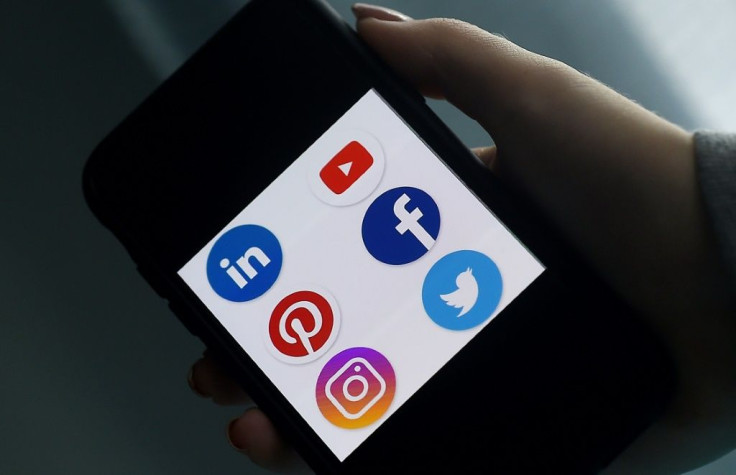How Companies Can Use Digital Marketing, Lessons From COVID-19 To Adapt To Inflation
Inflation has become the most defining economic issue for the United States and economies globally in the wake of the COVID-19 pandemic. For the better part of the year, policymakers have scrambled to find steps to bring inflation down but they have been hampered by war, shutdowns and choked supply chains.
By extension, businesses have been hammered by both inflation and the steps being taken to bring it down. For eight days between May 16 and May 23, each of the leading stock indices were stuck in a downward spiral over concerns related to slow economic growth in the near future, mostly due to inflation and rising interest rates.
At the same time, consumers’ purchasing power has been eaten away by inflation, nudging many to consider paring back spending. Squeezed by many factors outside of their control, firms are back at the drawing board trying to answer the key question: how to get consumers to use their purchasing power despite inflation.
Consumer spending has remained robust through 2022 even as inflation approaches historic highs, creating an opening for firms to convince them to spend despite inflation. Doing so takes on added urgency in the current environment because companies are left with less room to maneuver after two years of COVID-19.
David Steinberg, CEO of the data-driven marketing firm New York-based Zeta Global, said that companies are now transitioning out of one "crisis" period with COVID-19 and into another. This time, however, they are not getting the same pass from shareholders.
“COVID was viewed as a one-time in-nature issue so everyone received something of a free pass,” said Steinberg in a video interview with International Business Times. Marketers, he added, were essentially instructed to “batten down the hatches” until the pandemic faded. With inflation, that same free pass is gone and firms are being once again held accountable to pre-pandemic standards.
In this “second existential crisis,” Steinberg says marketers are expected to “drive” and “maintain” customers at a time when consumers' disposable income is going down. With every dollar now counting more than ever, Steinberg said that marketers need to be extra sensitive to this dynamic.
One way they can correct this is to take a step back and apply some of the lessons that companies learned during the COVID-19 pandemic. According to Steinberg, a key lesson from the pandemic was the need to remain "agile" in staying "connected to rapidly changing consumer needs and intent." An effective way to do this is to make the most of the wealth of data available that provides the necessary intelligence to stay abreast of these needs.
“The ability to build hyper targeted marketing in a digital ecosystem where tools that did not exist in the last inflationary period in the 1980s now exist to really help a marketer focus on the efficiency and efficacy of their marketing,” explained Steinberg.
Steinberg's firm, Zeta Global, has worked with clients across a diverse set of corporate sectors to take advantage of the ocean of "data signals" about consumer behavior to craft marketing strategies in the age of inflation. One tool in particular that he acknowledges as being especially valuable is social media.

Social media, says Steinberg, provides “great value” and insight into these signals because they allow a firm to tap into the well of valuable information on consumer patterns that it provides.
“[Social media] gives you an ability to understand a lot about an individual to understand what they are in the market for and what they are not,” Steinberg explained, adding that the ability to plug one’s marketing platform into social media -as his firm Zeta does - is “very powerful” for targeted marketing efforts.
Traditionally, marketing firms were often slow to acknowledge consumer sentiment as a valuable insight because it tended towards the qualitative over the quantitative.
Steinberg says that firms that are ignoring this metric are “not doing their job” given the fact that the U.S. economy alone is driven in large part by consumption. At a time of dwindling purchasing power, they overlook a key metric towards understanding their environment, especially with fears of a recession peeking over the horizon that only raise the stakes further for companies.
“With inflation on a 9% run rate, you are going to have an absolute turndown in consumer sentiment -- there’s absolutely no way around it,” Steinberg told International Business Times.
“Any company that is not thinking about where the environment is going and how to better resource their marketing, they are going to get decimated by their competitors who are doing so,” he added.
© Copyright IBTimes 2024. All rights reserved.



















